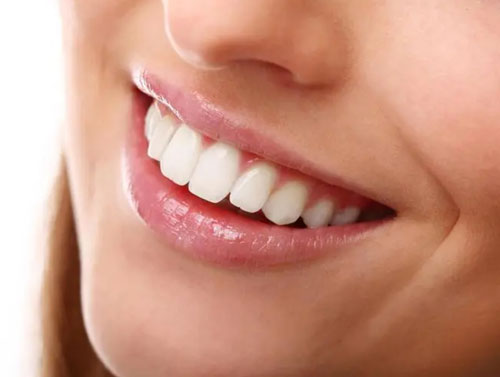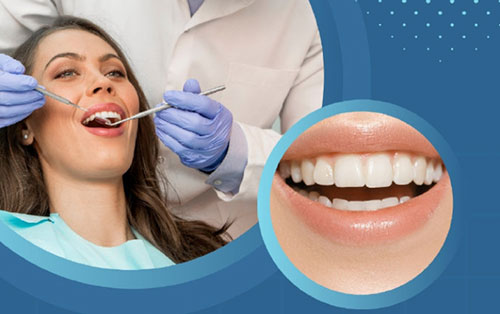I. Introduction
Teeth whitening is a common concern for many people seeking a more aesthetically pleasing smile.

Various methods and products are available on the market, claiming to whiten teeth effectively. One compound that is often associated with dental health and sometimes mentioned in the context of teeth whitening is toothpaste grade sodium fluoride. In this article, we will explore the question of whether sodium fluoride can whiten teeth. We will examine its properties, its role in dental care, and the scientific evidence regarding its potential for teeth whitening.
II. Understanding Teeth Discoloration
Before delving into the relationship between sodium fluoride and teeth whitening, it is essential to understand the causes of teeth discoloration. Teeth can become discolored due to several factors, including:
Read the causes of teeth discoloration specified in blog “Does sodium monofluorophosphate whiten teeth?”.
III. Mechanisms of Teeth Whitening
To determine whether sodium fluoride can whiten teeth, it is necessary to understand the different mechanisms by which teeth whitening occurs. There are several common methods of teeth whitening, including:
A. Professional Dental Treatments
- In-Office Whitening
Dentists may use powerful bleaching agents, usually hydrogen peroxide or carbamide peroxide, to whiten teeth in a dental office. These agents work by breaking down the chemical bonds that cause teeth discoloration, resulting in a lighter appearance.

- Take-Home Whitening Kits
Dentists can also provide take-home whitening kits that contain lower concentrations of bleaching agents. These kits are used over a period of several days or weeks to gradually whiten the teeth.
B. Over-the-Counter Products
- Whitening Toothpaste
Whitening toothpaste often contains mild abrasives and chemicals that can help remove surface stains on the teeth. Some whitening toothpaste may also contain a small amount of hydrogen peroxide or other whitening agents.
- Whitening Strips and Gels
Over-the-counter whitening strips and gels typically contain low concentrations of bleaching agents that are applied directly to the teeth. These products are designed for home use and can provide some degree of teeth whitening.
IV. Sodium Fluoride and Teeth Whitening: Scientific Evidence
While sodium fluoride is known for its benefits in preventing tooth decay and reducing sensitivity, there is limited scientific evidence to suggest that it can whiten teeth on its own. Some studies have shown that sodium fluoride may have a mild abrasive effect on the teeth, which could potentially help remove some surface stains. However, this effect is likely to be minimal compared to the more powerful bleaching agents used in professional dental treatments and some over-the-counter products.
Moreover, the primary action of sodium fluoride in dental care is focused on strengthening enamel and preventing decay, rather than directly targeting teeth discoloration. Although maintaining good oral hygiene and using fluoride-containing products can help keep the teeth clean and healthy, it is unlikely to result in significant teeth whitening.
V. Conclusion
In conclusion, sodium fluoride is an important compound in dental care, playing a crucial role in preventing tooth decay and reducing sensitivity. However, it is not a primary teeth whitening agent. While it may have a minor abrasive effect that could help remove some surface stains, it is not as effective as professional dental treatments or some over-the-counter whitening products.

